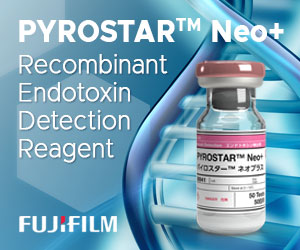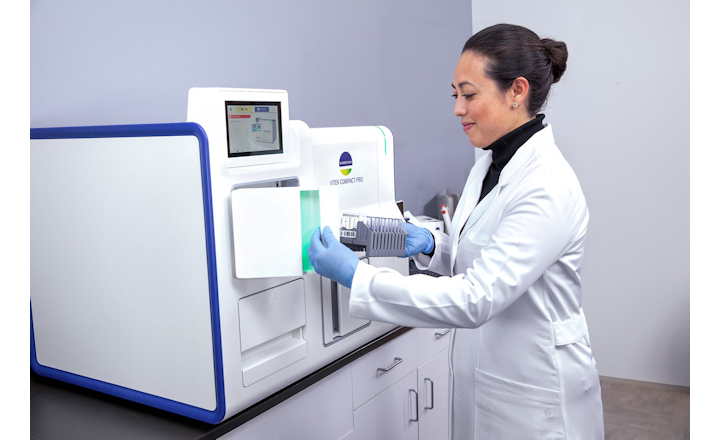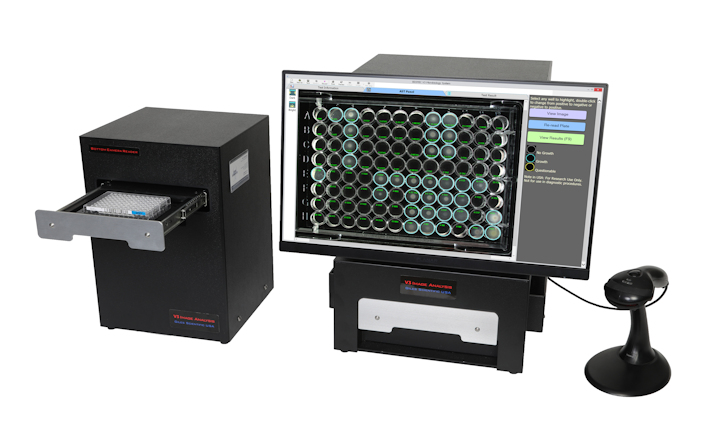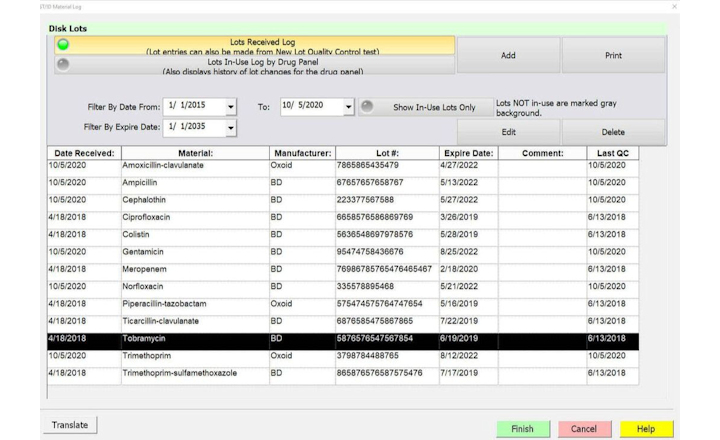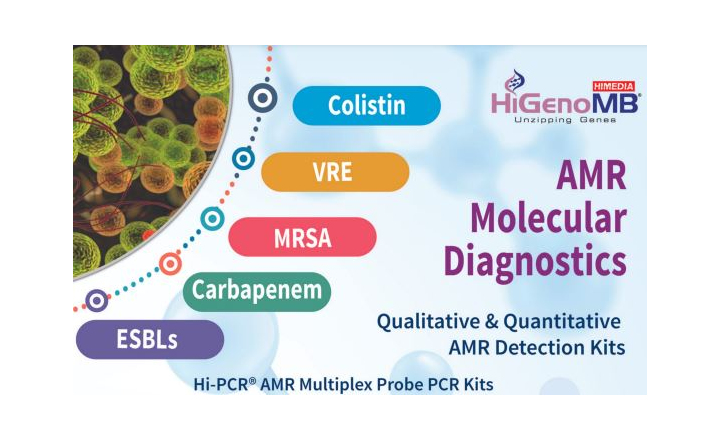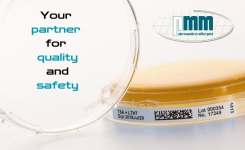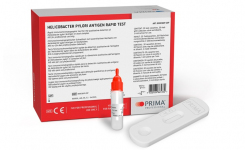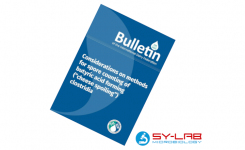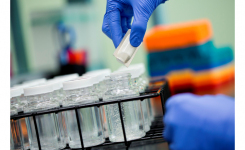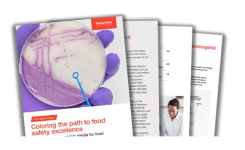The UK biotech company Procarta Biosystems have received a CARB-X award of $9.2 million to progress their novel oligonucleotide-based antimicrobials in the global fight against ESKAPE pathogens.
The ESKAPE pathogens group which consists of Enterococcus faecium, Staphylococcus aureus, Klebsiella pneumoniae, Acinetobacter baumannii, Pseudomonas aeruginosa, and Enterobacter species are multi-drug resistant (MDR), Extensively drug-resistant (XDR) and carbapenem-resistant (CRE) bacteria, that are the leading cause of nosocomial (hospital acquired) infections throughout the world.
CRE are often considered the most lethal of these bacteria as they can kill up to half of the patients who develop bloodstream infections from these pathogens. CRE is growing rapidly with resistant Klebsiella rising in the last decade, from 0.6% to 5.4% in the US, and in Thailand 70% of Pseudomonas infections are carbapenem-resistant.
Procarta’s proprietary oligonucleotide-based antibiotics are transcription factor decoys that are designed to block essential genetic pathways in bacteria and defeat resistant infections. By acting as a transcription factor decoy (TFD) and inhibiting an essential transcription factor (TF) in Enterobacteriaceae, the fumarate nitrate reductase TF (FNR), bacteria are efficiently and selectively killed.
Procarta’s lead asset, PRO-202, is in pre-clinical development to treat complicated urinary tract infections (cUTI) and complicated intra-abdominal infections (cIAI) that ESKAPE pathogens cause.
This project has been awarded the funding due to its predicted efficacy against Salmonella, Shigella and Enterotoxic E.coli (ETEC). PRO-202 is expected to have low MICs and efficacy in vivo against Salmonella, Shigella and ETEC strains that contribute to diarrhoeal disease in low and middle-income (LMI) countries.
The CARB-X award is partially funded by the UK Government’s Global AMR Innovation Fund (GAMRIF) that allocates support for projects promoting the welfare and economic development of LMI. This award follows recent investment from the Novo Holdings REPAIR impact fund who provided €1.5million for the PRO-202 project. Other investors in the venture include UKI2S, Wren Capital, Meltwind, Development Bank Wales and Morningside.
Alternative strategies under development or in place at present include antibiotics in combination or with adjuvants, bacteriophages, antimicrobial peptides, nanoparticles, and photodynamic light therapy.
Note: This content has been edited by a rapidmicrobiology staff writer for style and content.



